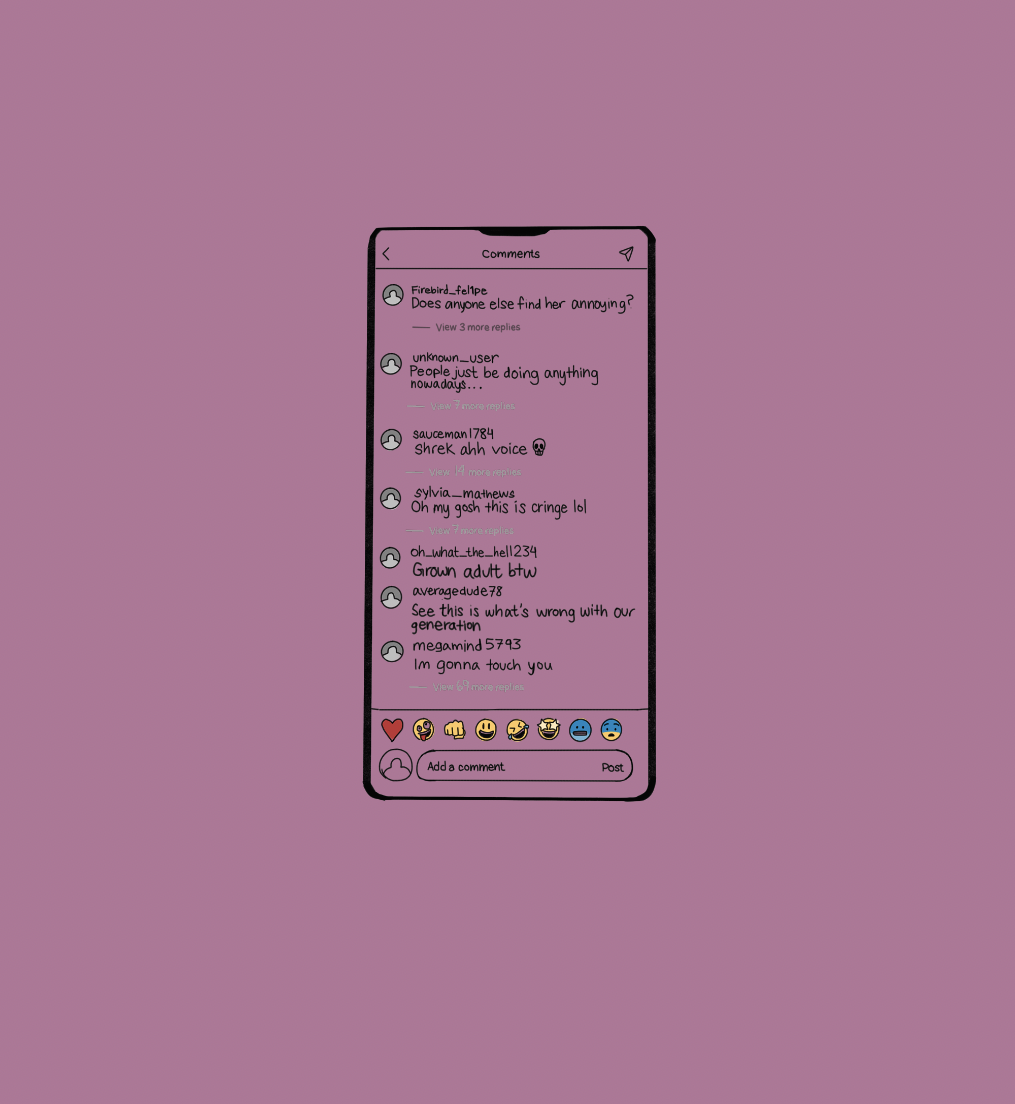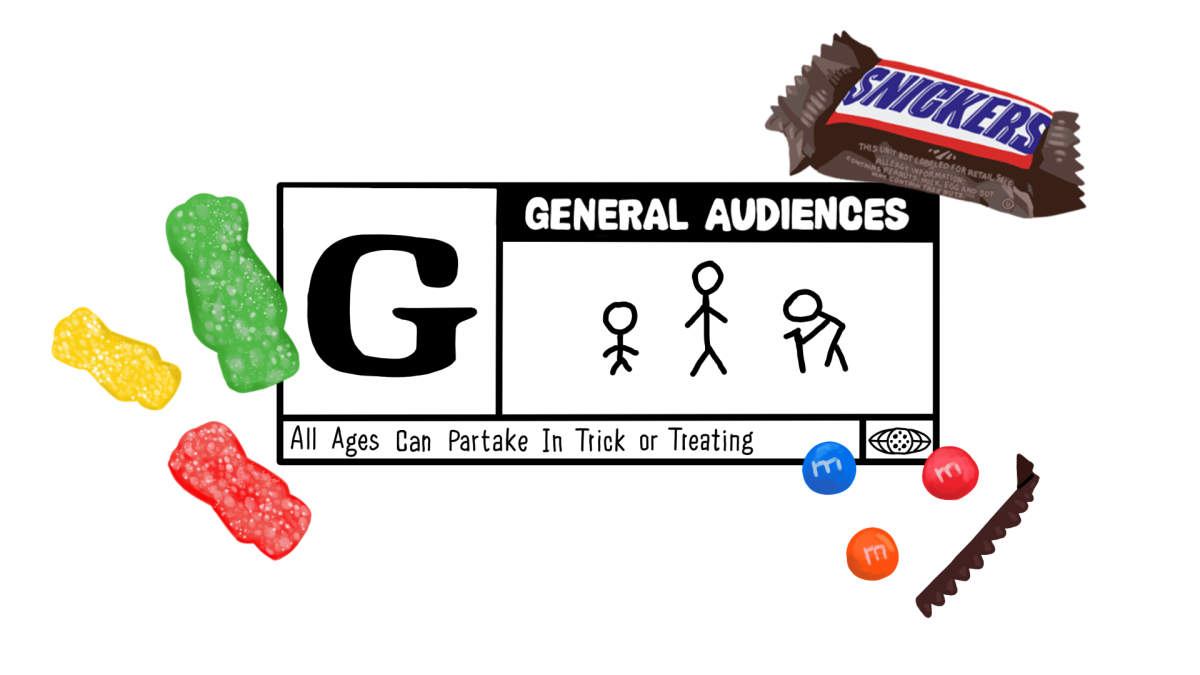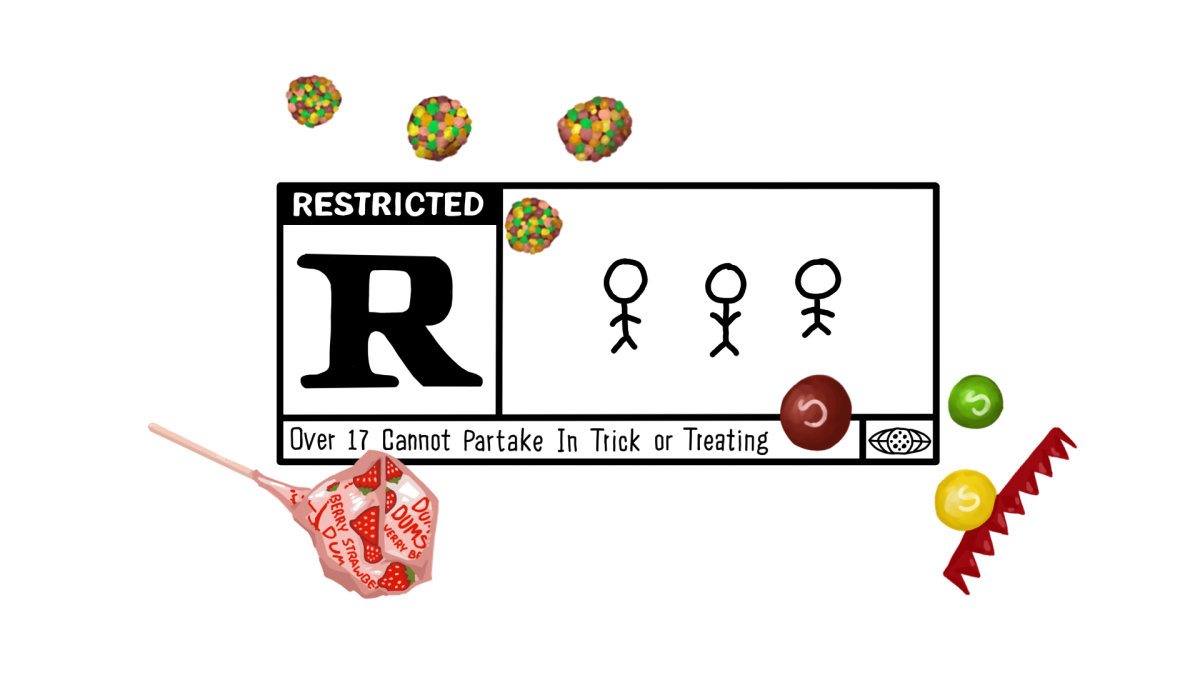In today’s world, attention is a commodity. Companies spend millions attempting to draw viewer attention to their products, fueling what is known as the attention economy. Estimated by Forbes to be worth $853 billion, the attention economy allows people’s minds to be bought and sold, precious seconds of a person’s life spent on products.
Regular people also participate in the attention economy by posting photos, videos and comments, or consuming them on social media. Anybody has the potential to garner validation through views and likes, and many have the desire to do so, as it can validate one’s opinion, knowledge or sense of humor. Additionally, since the typical person does not have the same platform to share their quips in hopes of virality as influencers or companies do, many turn to the comments section. Comments on a short-form video are often as entertaining as the original video, and comments can receive just as many interactions as the video they are attached to. However, they still rely upon the content of the original video to piggyback off of. Thus, people are limited by the videos that appear on their feeds.
In earlier internet days, comment sections were simply a place for reactions and commentary on the original video’s topic. More recently, however, people’s comments have become more mean-spirited, often using ironic humor to tear down creators.
One of the internet’s favorite punching bags is the popular cooking and lifestyle influencer, Nara Smith. Although there are intelligent, nuanced debates to be had about her content, regarding “trad-wives,” conservatism and the unrealistic lifestyle Smith sells, most commenters ignore these points, and instead criticize her voice, appearance and content style.
In one video of Smith making homemade candy canes, the top comment on the video says, “Not sure if you’re aware, but there’s a store called CVS and you wouldn’t believe it, but they actually sell candy canes by the box there.” The commenter employs the ironic comedy style that has been gaining popularity in recent years. Although the commenter’s words seem supportive, the tone is sneering and insincere. The comment after it is a flat-out insult. “Creepiest tone of voice ever,” the commenter writes, referencing Smith’s soft-spoken, vocal-fry manner of speech.
While Smith’s content might be off-putting and preachy, these are not genuine, thought-out criticisms. Sure, Smith’s content indeed promotes an unachievable “trad-wife” lifestyle that gives women the role of homemaker, while their husband works. Many would never consider spending hours in the kitchen making candy canes for their children when candy canes are affordable and readily accessible. However, viewers and commenters should not just boil down this thought to a clever quip, because a well-crafted criticism should be more nuanced than that. Ultimately though, the comments were not attempting a well-crafted criticism; their goal as validation and cleverly pointing out someone’s flaws is the easiest way to accomplish that.
A 2023 study by Sara Alida Volkmer, a professor at the Technical University of Munich, found that the reason for this type of negativity, or trolling, is often associated with a set of negative personality traits known as a dark tetrad. These traits include machiavellian, narcissism, psychopathy and sadism. In simpler terms, people who engage in these behaviors are more likely to find satisfaction in feeling right or superior to others. However, don’t we all find satisfaction in feeling superior, in feeling validated? The internet gives us positive reinforcement and attention for bad behavior, for tearing others down, so why would we ever stop?
Although validation online can feel good, it is often short-lived. Beyond that, one’s online behavior can begin to impact thought patterns, meaning that negativity online can bleed into real-life interactions and relationships. The most empowering thing someone can do is take control of what they consume and how they use their precious attention. Taking breaks from social media and the negativity it induces can be an eye-opening experience. Read a book, watch a movie, go outside. Real-life experiences and long-form media are what give people character, something that cannot be gained through the negative, shallow space that social media has become.





















